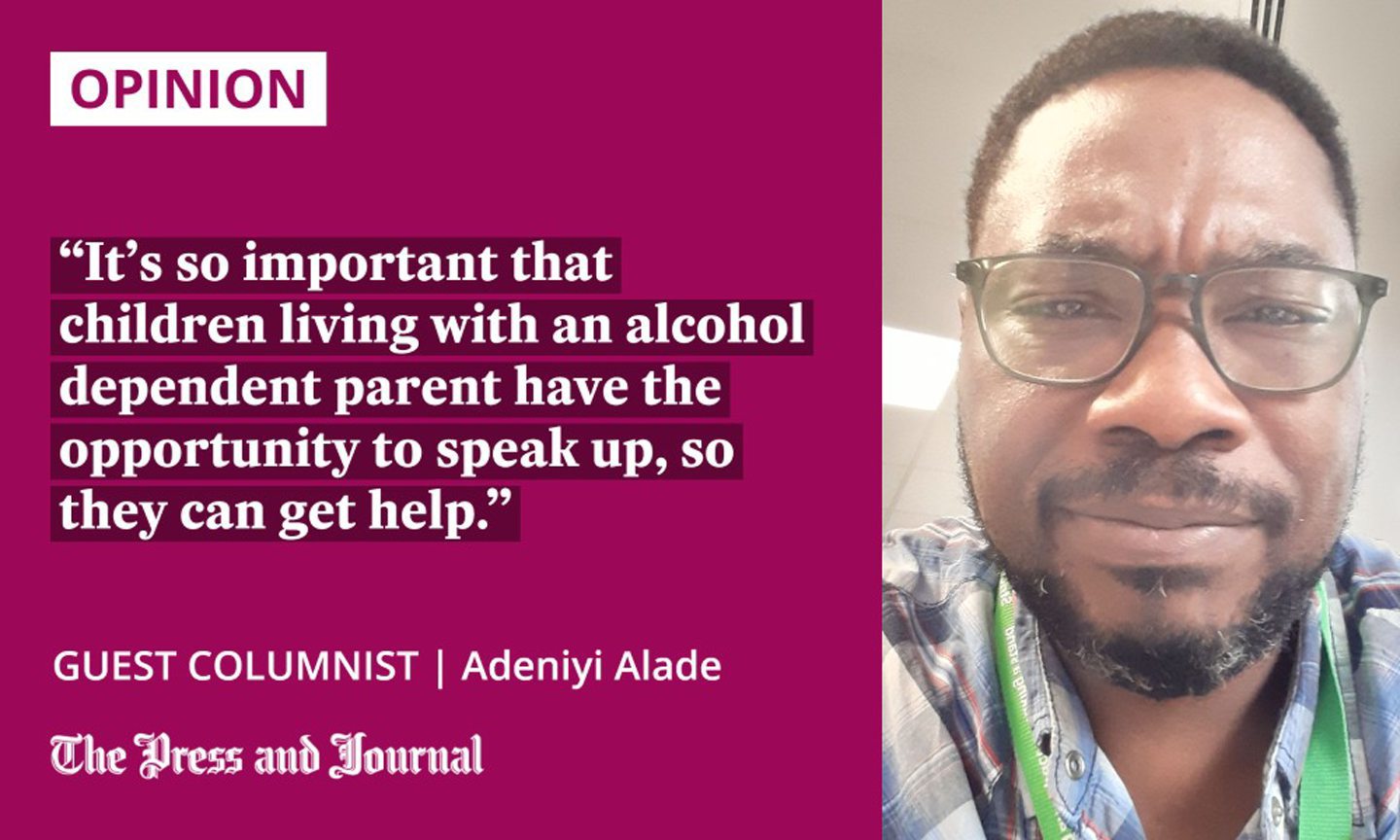If children are living with parental alcohol misuse, it’s vital they know that it isn’t their fault, and that help is available, writes the head of Childline for Scotland.
February 12 to 18 is Children of Alcoholics Week. Organised by the National Association of Children of Alcoholics, the awareness week hopes to encourage people to talk about parental alcohol misuse, which is thought to affect one in five children in the UK.
Last year, here at Childline, we delivered an average of almost two counselling sessions per day to children across the country who were concerned about a parent’s use of drugs or alcohol.
One 15-year-old boy who contacted Childline told our counsellors he was “having a hard time at home”.
He said: “My dad is always drunk and gets quite violent. He hit me today and left a bruise. He told me he does not want anything to do with me anymore.
“I don’t want my dad to get into trouble or for me to go into care. I am also frightened that if my dad found out I had told anyone, he would hurt me.”

Alcohol misuse is defined as when someone’s drinking becomes harmful, or they become dependent on alcohol. While it might have negative effects on the drinker, they are not the only ones affected, as it can have an incredibly damaging impact on the entire family.
Children can lose their sense of safety and security. Things such as their schoolwork and friendships can suffer because they often blame themselves for what is happening at home.
That’s why it’s so important that children living with an alcohol dependent parent have the opportunity to speak up, so they can get help. Talking to someone can help them feel less alone and allow them to get the right support.
Children have the right to a safe and loving home
There are some signs that families might be experiencing problems due to alcohol misuse, such as a change in the parent’s behaviour, difficulty controlling emotions, or acting irrationally or unpredictably. Children may become withdrawn or develop behavioural, emotional, or mental health problems, or may take on the responsibility of caring for their parents or siblings.
If children are living through this experience, it’s vital for them to remember that none of their parents’ actions are their fault, and that help is available to them. Even more importantly, there is no shame in asking for help. Children have the right to a safe and loving home, and they should never have to cope alone.
By talking about Children of Alcoholics Week, we hope to help break the cycle of secrecy and give young people the confidence to speak up.
Childline is always here for children and young people. They can call our counsellors for advice and support on 0800 1111, or contact us via childline.org.uk.
Adeniyi Alade is head of Childline for Scotland

Conversation